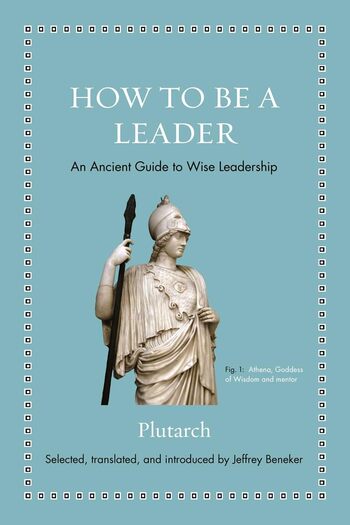
The book explores why smart and successful individuals often find themselves unhappy. It identifies seven ‘happiness sins’ and offers habits to foster lasting happiness by pursuing flow, practicing mindfulness, and promoting altruism.
Main Lessons
- Happiness boosts productivity; happier people are less prone to distractions like gossip.
- Happier individuals make better team players, enhancing collegiality at work.
- Creativity thrives when individuals are in a happy state of mind.
- Happiness contributes to altruism, fostering a generous society.
- The ‘happiness paradox’ suggests we often sacrifice happiness for less important pursuits.
- Prioritize defining happiness clearly and make conscious choices to enhance it.
- Instead of chasing superiority, aim for flow—immersion in activities you love.
- Insecure attachment can hinder happiness; cultivate secure attachment by giving love freely.
- Control-seeking can lead to resentment; take personal responsibility for your happiness instead.
- Practice ‘smart trust’ to balance the risk and rewards in relationships.
- Focus not on the outcomes’ impact on happiness, but on the joy of the process.
- Mindfulness helps counteract over-dependence on rationality, fostering self-awareness.
- Scarcity mindset manifests in detrimental happiness habits; adopt an abundance mindset for fulfillment.
- To attain happiness, fulfill desires for mastery, belonging, and autonomy (MBA).
- Choose the abundance route for lasting happiness by embracing generosity and internal control.








